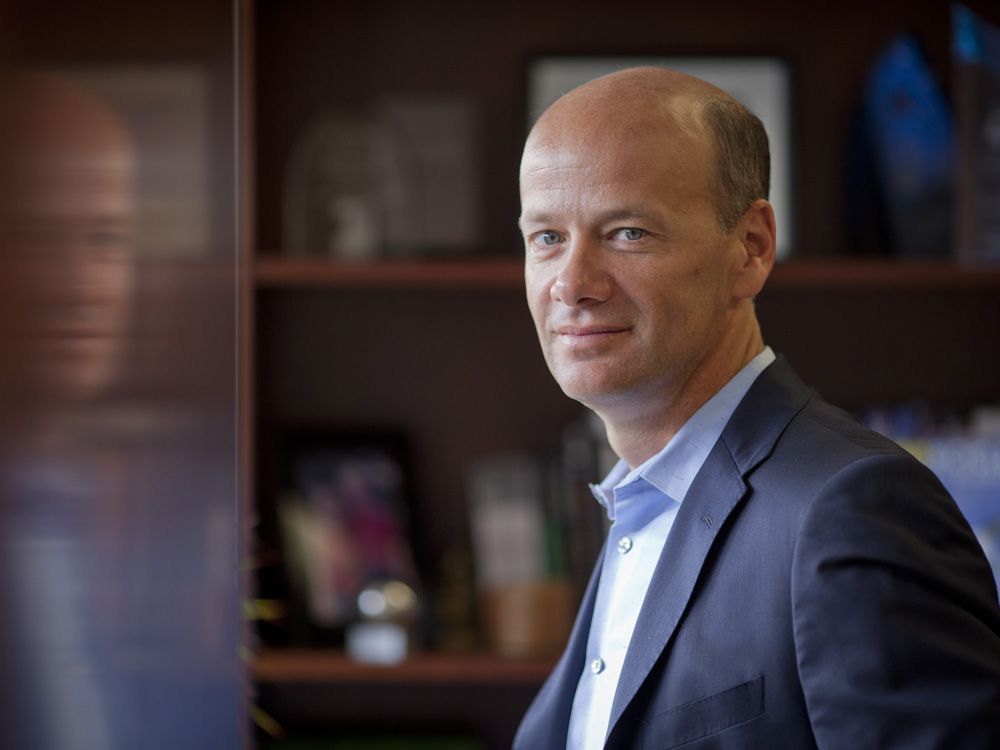Indymisanthrope
Well-Known Member
I’m keeping my eye on her. Our resident Michiganders can speak with more authority than I, but she’s confident, smart, from a swing state, and is intimidating enough to the right wing weenies that she’s already been the target of more than one kidnapping/assassination plot, which means she’s doing something right.Gretchen Whitmer might be an interesting candidate, but I haven't followed her career closely enough to really know all her politics. What's happening in Michigan is promising though.
Then again I thought Buttigieg was going to emerge as a bold and exciting leader, so what do I know.


